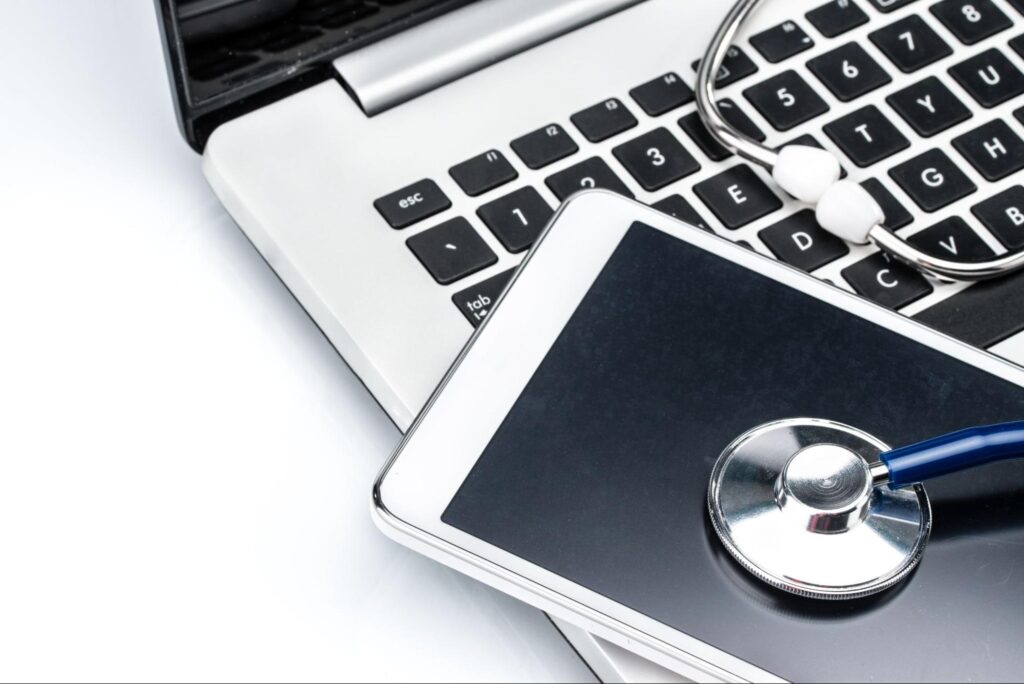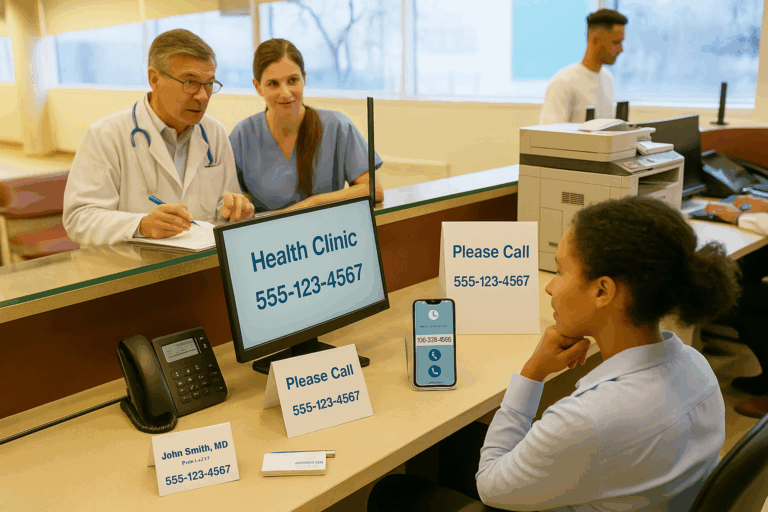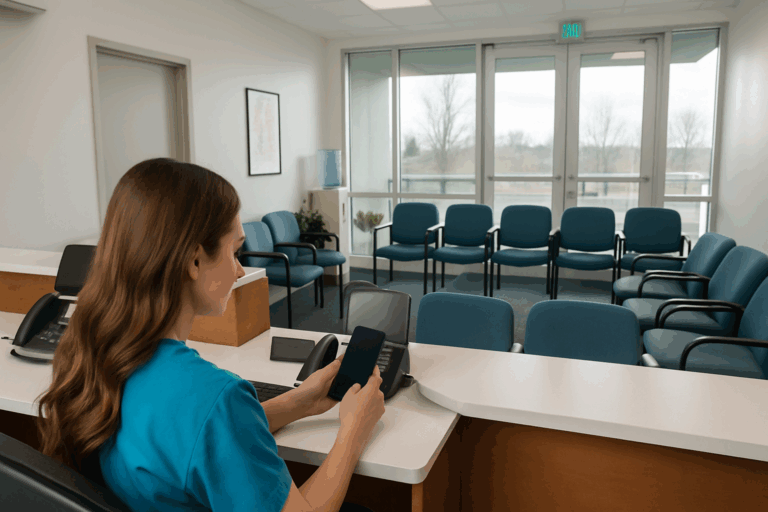Cybersecurity threats loom large over the healthcare industry, with ransomware attacks and data breaches becoming increasingly frequent and costly. As the volume of patient data grows exponentially, many practices are turning to cloud-based solutions to safeguard sensitive information and enhance operational efficiency.
This shift towards cloud technology offers a lifeline for healthcare providers, enabling them to reduce costs, improve data security, and enhance patient care. Moreover, cloud solutions transform healthcare delivery in the digital age, from streamlined workflows to improved disaster recovery.
Cloud-based technologies offer multiple benefits for healthcare providers. These include:
- Reduced IT equipment costs
- Improved backup capabilities
- Enhanced disaster recovery
- Digital tools for online scheduling
- Automated appointment reminders
Furthermore, cloud capabilities have the potential to generate up to $210 billion in value by 2030 for healthcare companies by allowing them to innovate, digitize and realize their strategic objectives more effectively. Almost 95 percent of businesses report significant improvements in online security after moving their data to the cloud.
Healthcare providers can leverage cloud-based phone solutions that deliver convenience, cost-effectiveness, scalability, reliability, and security. Security is especially crucial for healthcare practices, which are vulnerable to cybercrime. In 2024, over 165 million individuals were affected by 557 large incidents, and the average cost of a healthcare data breach reached $9.77 million.
Why Data Security is Essential for Healthcare Practices
Even though healthcare organizations are aware of cybercrime, over one-third report they’re unprepared for cyberattacks. Of the approximately half of healthcare organizations that experienced a ransomware attack that impacted patient data, 34 percent said they failed to recover the data after the attack.
Surprisingly, malicious intent isn’t always behind healthcare data breaches. Approximately 40 percent of breaches are caused by human error, including lost or stolen devices, unintentional disclosures and insider threats. No matter the reason, covered entities responsible for creating, receiving or transmitting protected health information (PHI) that fail to comply with HIPAA rules and regulations are subject to fines and penalties, both civil and criminal.
How Cloud-Based Phone Systems Bolster Security
Modern healthcare phone systems offer enhanced privacy and security for providers at a time when cyberattacks are the fastest-growing crime in the United States. Compared to server-based communication systems, such solutions provide better cybersecurity and lower the risks associated with handling electronic PHI (ePHI).
Voice over Internet Protocol (VoIP) digitally transmits data using enterprise phone systems powered by cloud technology, eliminating the need to physically store health records and patient documents. PHI and other data are hosted in dedicated centers with robust data protection measures, ensuring encryption and enhancing confidentiality, reliability and security.
Medical practices employing cloud-based phone systems and other technologies benefit from a Business Associate Agreement (BAA) when partnering with a reputable vendor. A BAA is a contract between a covered entity and a business associate that establishes the permitted and required uses and disclosures of PHI by the BA. This agreement ensures that the BA will use PHI only as permitted by the contract or required by law, use appropriate safeguards, and report any disclosures not permitted by the contract. It manages the chain of custody and clearly defines the roles and responsibilities of each party involved.
Opting for a HIPAA-compliant phone system provides peace of mind for healthcare practices, knowing that PHI sent via voicemail, text message, fax or any other stored data remains secure. Plus, such cloud communication technology eliminates the costs of repairing or replacing hardware and introduces numerous time-saving and efficiency-boosting measures.
Utilizing a HIPAA-compliant cloud-based phone system is especially beneficial for medical groups that plan to operate their practice for the next five to ten years. These groups may need to upgrade their data storage capacity, want to reduce their IT support expenses or have a strategy for expanding to multiple locations. RingRx ensures the security of PHI by employing a unique storage architecture that maintains all data on encrypted hard drives managed across several geographic locations to mitigate against localized failures.
RingRx: Your Practice’s Choice for Security and Scalability
At RingRx, cloud infrastructure management tools ensure efficient and secure operations. These tools provide centralized control over cloud resources, enabling us to monitor, manage and optimize our cloud infrastructure. We also leverage specialized healthcare technology solutions for compliance, security and patient communication, ensuring seamless integration within our cloud environment.
To learn more about the benefits of a secure and scalable cloud-based communication system, schedule a demo of RingRx today.




